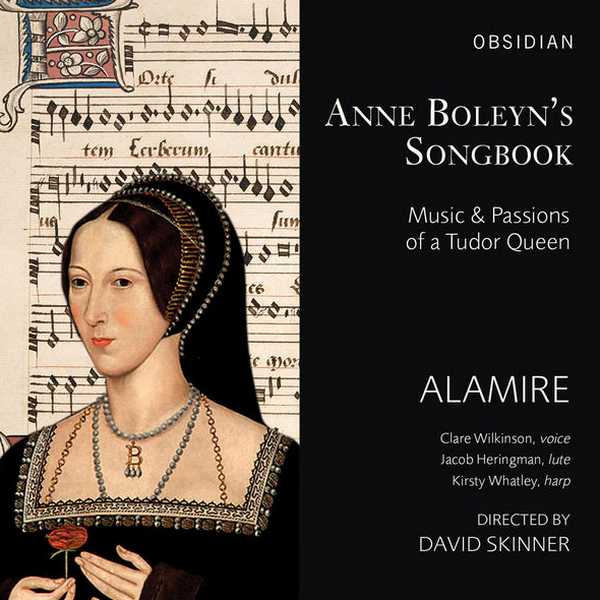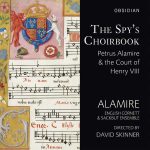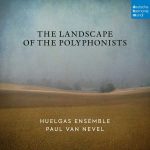

Composer: Antoine Brumel, Loyset Compère, Josquin Despres, Antoine de Févin, Jean Mouton, Claudin de Sermisy
Performer: Clare Wilkinson, Jacob Heringman, Kirsty Whatley, Alamire
Conductor: David Skinner
Number of Discs: 2
Format: FLAC (tracks)
Label: Obsidian Records
Catalogue: CD715
Release: 2015
Size: 1.67 GB
Recovery: +3%
Scan: yes
CD 01
01. Mouton: Tota pulchra es
02. anon.: Venes regrets, venes tous
03. anon.: Fer pietatis opem miseris mater
04. Desprez: Stabat mater dolorosa
05. anon.: Laudate Dominum omnes gentes
06. anon.: Maria Magdalena et altera Maria
07. anon.: Forte si dulci stigium boantem
08. anon.: O virgo virginum
09. Compère: Paranymphus salutat virginem
10. anon.: Gentilz galans compaingnons
11. Févin: Tempus meum est ut revertar
12. Brumel: Quae est ista
13. Josquin: Liber generationis Jesu Christi
CD 02
01. Sermisy: Jouyssance vous donneray
02. anon.: Popule meus, quid feci tibi
03. Mouton: In illo tempore, accesserunt ad Jesum
04. Brumel: Sicut lilium inter spinas
05. Josquin: Praeter rerum seriem
06. anon.: O Deathe, Rock Me a-Sleepe (Attrib. A. Boleyn)
Anne Boleyn is without doubt the most famous of Henry VIII’s six wives. She was brought up for a time under the guardianship of Margaret of Austria, who was patron to some of the most famous composers in all of Europe, and then in the French court before her return to England in 1522.
It was in France where the young Anne developed her keen musical tastes, and when a collection of her favourite works began to be assembled into what is now known as the Anne Boleyn Songbook (Royal College of Music, MS 1070). The book probably remained in her possession until her execution in 1536, when she was accused of adultery with no less than five men including her own brother, George, and lutenist Mark Smeaton.
Here Alamire explores the finest works in the Songbook by the greatest composers of the early 16th century, including Compère, Brumel, Mouton and Josquin. Performances by Alamire are interspersed with French chansons and instrumental items for lute, harp and voice.
The programme concludes with a most haunting setting of ‘O Deathe rock me asleep’, not from the Songbook but possibly linked to Anne’s fate while awaiting her execution in the Tower of London.



